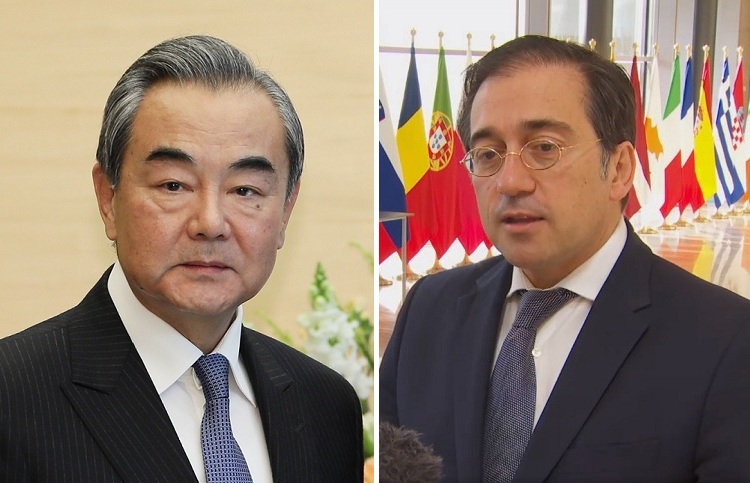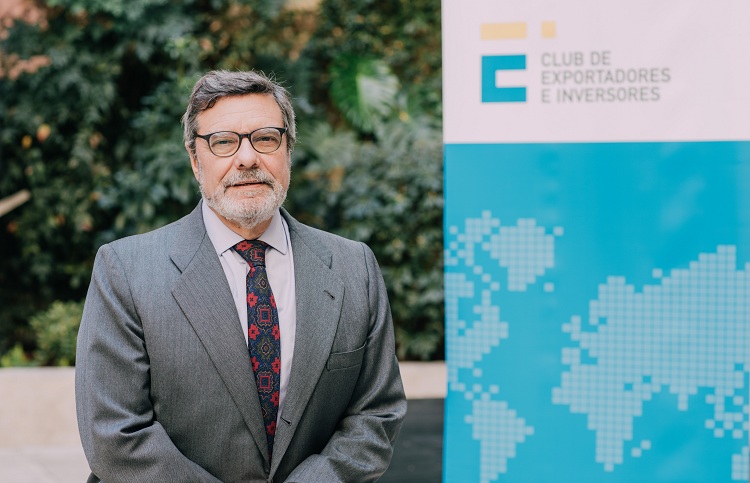The Diplomat
The Minister of Foreign Affairs, José Manuel Albares, yesterday held his first meeting by videoconference with his counterpart from the People’s Republic of China, Wang Yi, to whom he advocated an “open and honest dialogue” on human rights.
As reported by the Ministry in a press release, Albares and Wang addressed during an hour and a half of conversation the economic relations between the two countries and the minister informed his Chinese counterpart about the details of the Recovery and Resilience Plan of the Government of Pedro Sanchez and the opening of a second headquarters of the Instituto Cervantes in China, specifically in Shanghai, which joins the existing one in Beijing.
Albares also conveyed to Wang Yi his concern about the travel restrictions imposed by China, which especially affect adoptive families, and explained to his counterpart that the vaccination data and the decrease in the number of cases in Spain should help to work together on this matter without harming the protection and defense of public health. In addition, the two ministers discussed the events to commemorate the 50th anniversary of diplomatic relations between Spain and China, which will take place in 2023, and the celebration of the Cultural Year of Spain in China 2023-2024, and agreed to set up working groups to coordinate the celebration of joint events.
The meeting also served to review the situation in different regions of the world, with special attention to relations between the EU and China. In this regard, the two ministers agreed that both regions have different points of view on many international issues, but also common interests in many areas (climate change, pandemic control, trade or development aid) in which they can work together. The Spanish minister also stressed the importance of making progress in the approval of the Comprehensive Investment Agreement between China and the EU.
On the other hand, Albares reminded Wang that human rights are part of “Europe’s DNA” and called for “an open dialogue” on this matter. Last March, the EU Foreign Affairs Council used its Comprehensive Sanctions Regime for human rights violations to act against several Chinese officials involved in arbitrary mass arrests of Uighurs in the Xinjiang region of China. These are the first European sanctions against China since 1989, when the then European Community banned arms exports to the Asian giant in response to the Tiananmen massacre.
Xi Jinping’s government reacted against this “serious interference in China’s internal affairs” by approving a series of similar measures against a dozen European citizens. The Spanish Ministry of Foreign Affairs subsequently met with the ambassador in Madrid, Wu Haitao, to convey Spain’s “firm rejection” of the “disproportionate” measures adopted by Beijing. The President of the Government, Pedro Sánchez, offered last May to the President of the People’s Republic of China, Xi Jingping, to play a “constructive role” in improving that country’s relations with the European Union.







